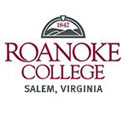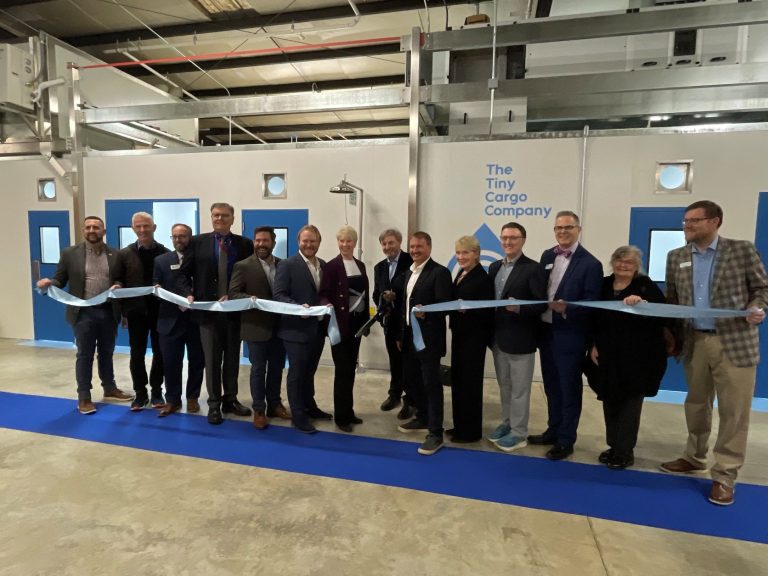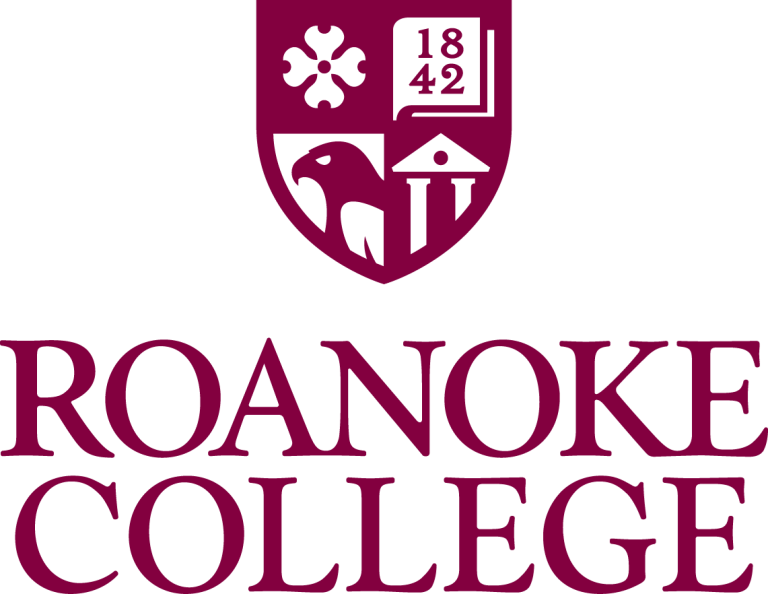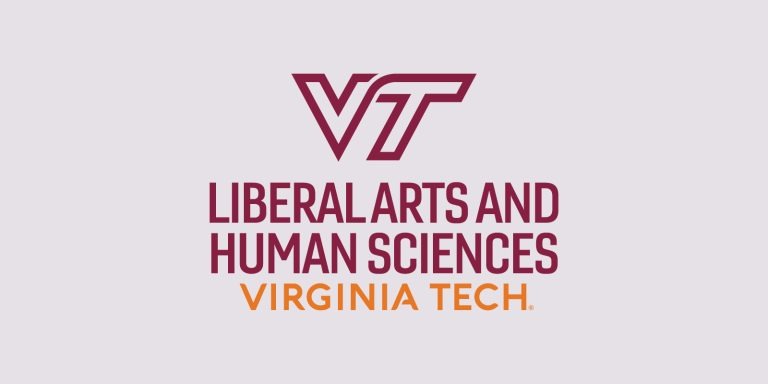 From Roanoke College: Republican Presidential nominee Donald Trump has cut more than half of Democrat Hillary Clinton’s lead in a month, but still trails by seven percent among likely voters in Virginia (44%-37%), according to The Roanoke College Poll. Libertarian Gary Johnson remained steady with eight percent of likely voters, and Green Party candidate Jill Stein dropped to 1 percent, while 9 percent remain undecided. In a two-way match-up, Clinton’s lead extends to 11 points (51%-40%). Clinton led by 16 in the August Roanoke College Poll (48%-32%).
From Roanoke College: Republican Presidential nominee Donald Trump has cut more than half of Democrat Hillary Clinton’s lead in a month, but still trails by seven percent among likely voters in Virginia (44%-37%), according to The Roanoke College Poll. Libertarian Gary Johnson remained steady with eight percent of likely voters, and Green Party candidate Jill Stein dropped to 1 percent, while 9 percent remain undecided. In a two-way match-up, Clinton’s lead extends to 11 points (51%-40%). Clinton led by 16 in the August Roanoke College Poll (48%-32%).
The Roanoke College Poll interviewed 841 likely voters in Virginia between September 11 and September 20 and has a margin of error of +3.4 percent. With the percentage of undecided voters remaining steady, Clinton’s vote share declined by 4 percent since August while Trump’s share increased by 5 percent.
Continue reading for a more in-depth look at the poll
Moderates and Independents move in Trump’s direction
The primary differences in level of support over the past month are ideological moderates, where Clinton’s lead has declined from 57%-22% in August to 45%-29% currently and partisan Independents, where Clinton still leads (37%-29%) but by a smaller margin than in August (43%-25%).
Clinton still claims the support of 88 percent of Democrats, while Trump has inched above 8-in-10 Republicans (81%). Both of those are within the margin of error with August.
Voters still care about the election and still dislike the major candidates
Nearly two-thirds of likely voters (64%) said they were very interested in the campaign (28% were somewhat interested), and 90 percent said they care a good deal about who wins the presidential election. Republicans have pulled even with Democrats in both interest and caring about the outcome.
About two-thirds of the support for each major party candidate is solid (68% of Clinton voters and 67% of Trump supporters say it is not at all likely they will switch their votes; 10% of Clinton supporters say it is very or somewhat likely compared to 12% of Trump backers).
Still, there is no love-fest for either candidate. Clinton’s favorable ratings (38% favorable; 49% unfavorable) declined marginally from August, while Trump’s improved somewhat, but are still quite low (27% favorable; 58% unfavorable).
Vice-presidential candidate and U.S. Senator for Virginia Tim Kaine is viewed favorably by a majority (51%) of respondents. Republican vice-presidential candidate Gov. Mike Pence of Indiana has a favorable rating of 33 percent, but one-third (33%) don’t know enough about him to have an opinion.
Issues in an “issueless” campaign
As is typical, economic issues were thought to be most important by a plurality of voters (29%), and those voters favored Trump by a 48%-32% margin. A relatively large number of other issues caught the attention of respondents, and most of those issues cut in favor of Clinton.
Clinton was preferred by likely voters to Trump on a variety of issues, including terrorism (54%-40%), health care (57%-34%), race relations (64%-23%), immigration (53%-41%), and foreign policy (63%-30%), but voters think Trump would better handle the economy (50%-45%) and firearms policy (48%-43%). Trump (13% very honest; 40% somewhat honest) was marginally viewed as more honest than Clinton (8% very honest; 39% somewhat honest), but 69 percent said Clinton is qualified to be president (38% very qualified; 31% somewhat qualified) compared to 42% who said Trump is qualified (10% very qualified; 32% somewhat qualified). Clinton was also seen as a having a temperament that is fitting for president (72%) compared to 32 percent for Trump. A majority of respondents said she at least somewhat understands the problems of people like them (55%), while 44 percent said the same about Trump.
Voter disenchantment is also evident in their responses to other questions. A plurality of respondents (38%) see Hillary Clinton’s use of a private email server when she was Secretary of State as a criminal act, while 19 percent think it was reckless, but not criminal, and 30 percent see it as a mistake or poor judgment. Only 10 percent said it not a big deal at all. Regarding her statement to the FBI about the notation of “c” on some documents, only 22 percent said they believed her claim that she thought it referred to alphabetical labeling of paragraphs and not “confidential.”
Regarding immigration and “the wall,” one of Donald Trump’s signature issues, nearly two-thirds (64%) of likely voters think illegal immigrants currently in the U.S. should be allowed to stay and eventually apply for citizenship, while only 20 percent think they should be required to leave. Specifically addressing the wall, more than half (54%) thinks it is a bad idea.
Not tied to either candidate specifically, one-third (36%) of respondents think that race relations will always be a problem in the U.S., but a majority (56%) are optimistic that a solution to the problem will eventually be worked out. Voters were nearly evenly split between agreeing that Americans are becoming too dependent upon the government (45%) and thinking that government should help its citizens pay for needs they can’t afford themselves (47%). At the more general level, a large majority (79%) of those polled see the U.S. as a divided nation on important issues, while only 15 percent think that Americans are united.
Job approval; direction of country and state
A majority (55%) of likely voters thinks the country is on the wrong track, while 39 percent think it is headed in the right direction. Job approval for President Barack Obama is at 53 percent with 40 percent disapproval, and a majority (53%) has a favorable view of President Obama, while 37 percent have an unfavorable view.
Governor Terry McAuliffe’s job approval is 48 with disapproval at 25 percent. Governor McAuliffe’s favorable rating is at 41 percent, and 24 percent of voters hold an unfavorable view of him.
Analysis
“Donald Trump has reduced Hillary Clinton’s lead overall, particularly with ideological moderates and political independents,” said Dr. Harry Wilson, director of the Institute for Policy and Opinion Research. “Still, he has not fully consolidated support among Republicans, and his favorable ratings, though improved, remain extremely low for any candidate.”
“Clinton appears to have weathered a very bad couple of weeks on the campaign trail. That said, she needs to stop her slide. If those reluctant Republicans return to Trump and he continues to make inroads among other groups, then her lead could disappear.”
Methodology
Interviewing for The Roanoke College Poll was conducted by The Institute for Policy and Opinion Research at Roanoke College in Salem, Va. between September 11 and September 20, 2016. A total of 841 likely voters in Virginia were interviewed. Telephone interviews were conducted in English and Spanish. The random digit dial sample was obtained from ASDE Survey Sampler and includes both Virginia landline and cell phone exchanges so that all cell phone and residential landline telephone numbers, including unlisted numbers from Virginia exchanges, had a known chance of inclusion. Cell phones constituted 35 percent of the completed interviews.
Questions answered by the entire sample of 841 likely voters are subject to a sampling error of plus or minus approximately 3.4 percent at the 95 percent level of confidence. This means that in 95 out of 100 samples like the one used here, the results obtained should be no more than 3.4 percentage points above or below the figure that would be obtained by interviewing all likely voters in Virginia who have a home telephone or a cell phone. Where the results of subgroups are reported, the sampling error is higher.
Quotas were used to ensure that different regions of the Commonwealth were proportionately represented. The data were statistically weighted for gender, race, age, and political party. Weighting was done to match the demographic groups’ representation in the 2012 Virginia exit poll. The margin of error was not adjusted for design effects due to weighting.
A copy of the crosstabs and toplines and questionnaire may be found on the IPOR webpage.
More information about the Poll may be obtained by contacting Dr. Harry Wilson at [email protected] or (540) 375-2415 or the Roanoke College Public Relations Office at (540) 375-2282.
The Roanoke College Poll is funded by Roanoke College as a public service.



